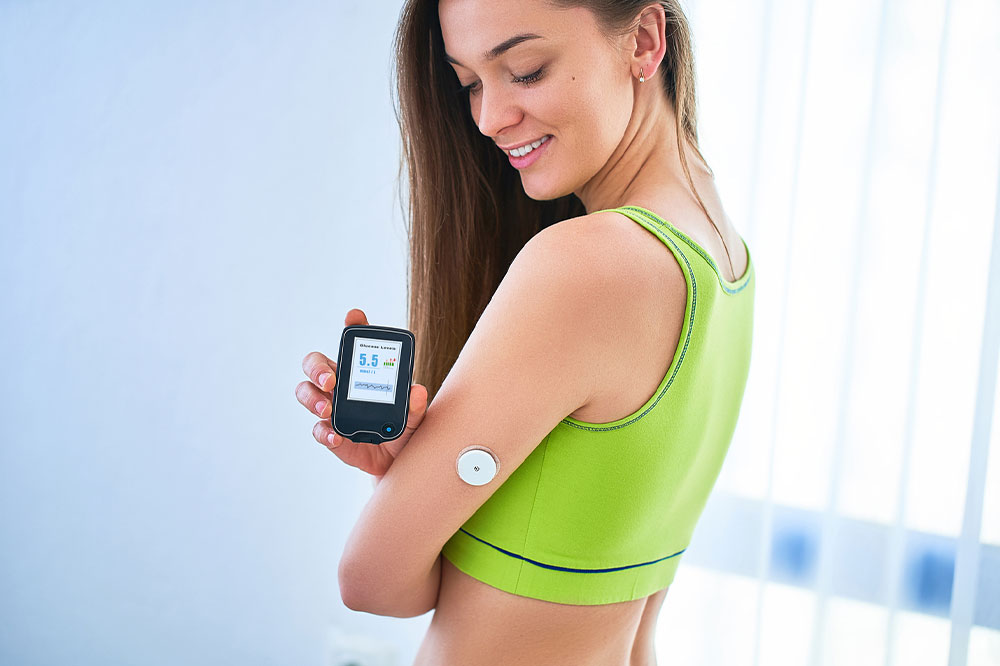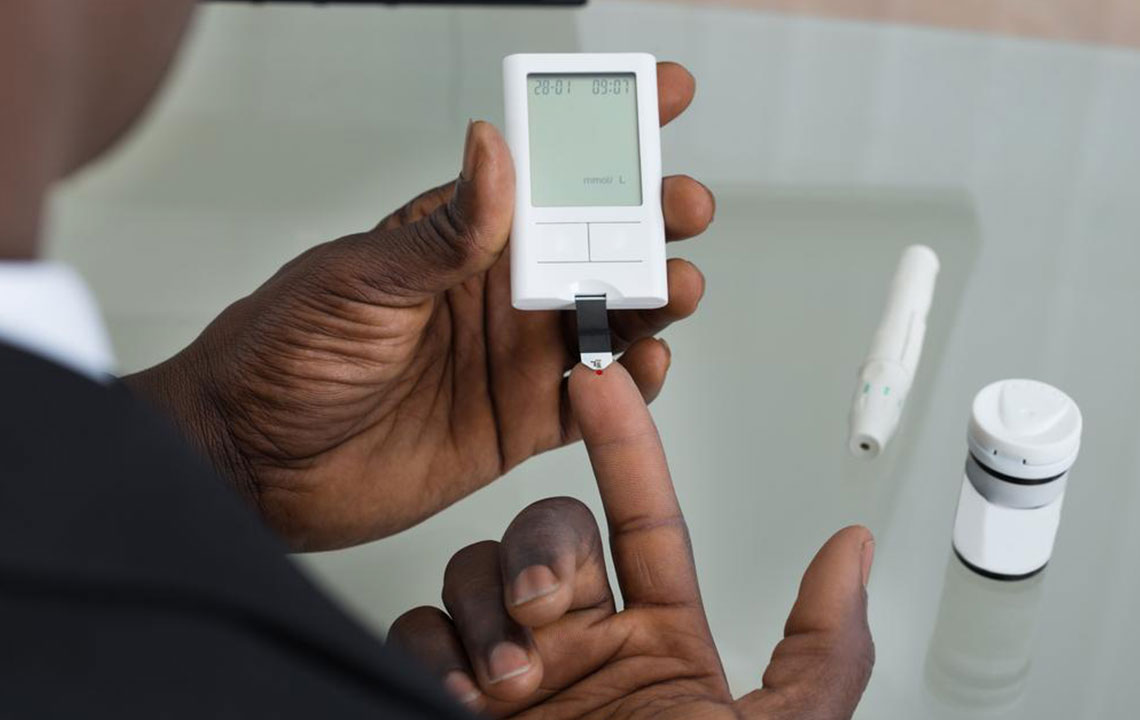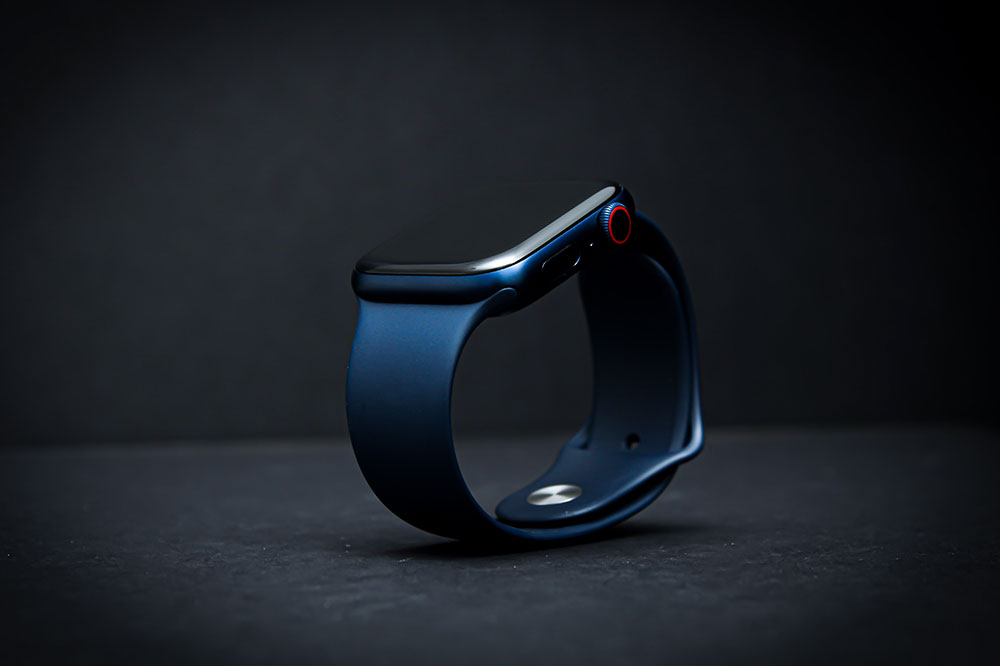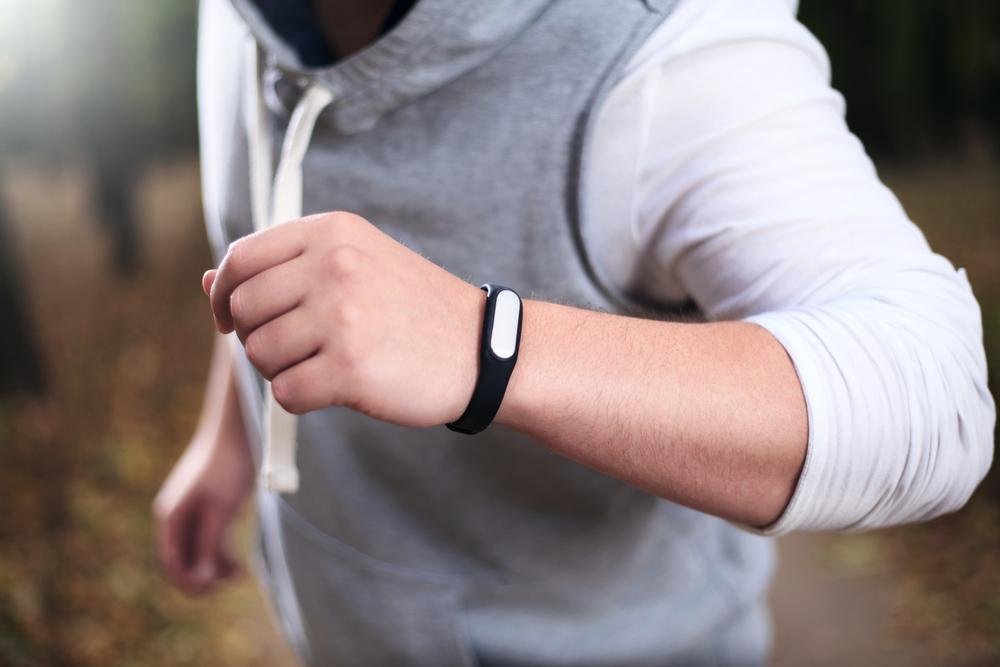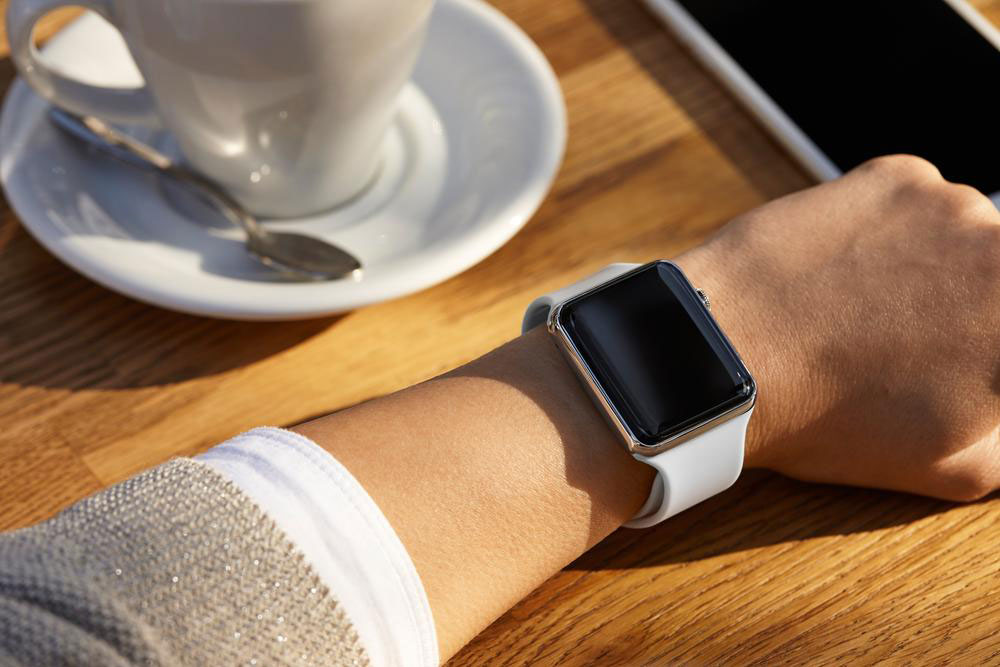Revolutionizing Diabetes Care: The Impact of Smartwatches on Disease Management
Discover how advanced smartwatches are revolutionizing diabetes management by providing continuous health monitoring, real-time alerts, and seamless data integration. This article explores the key features, benefits, and considerations of incorporating smartwatches into daily diabetes care routines, empowering users to take proactive control over their health and improve quality of life through innovative wearable technology.
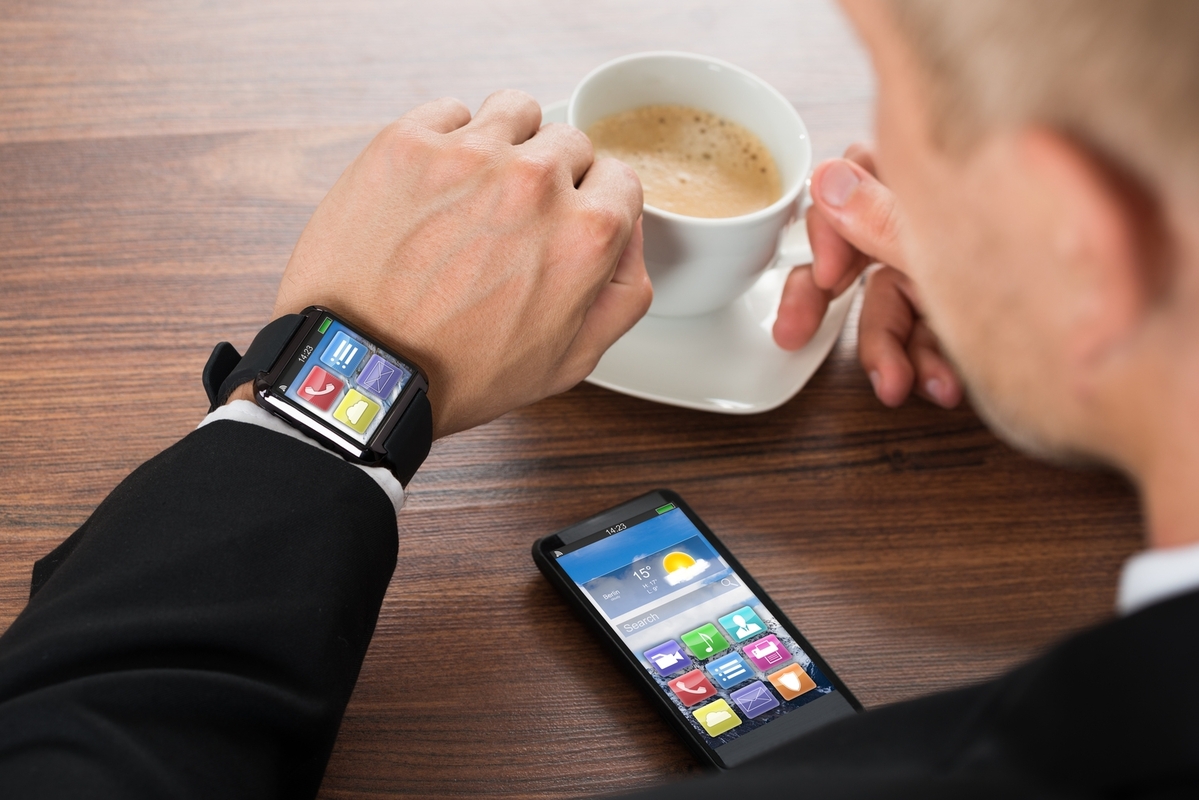
Revolutionizing Diabetes Care: The Impact of Smartwatches on Disease Management
In recent years, wearable technology has experienced rapid advancements, significantly transforming the landscape of healthcare and chronic disease management. Among these innovations, smartwatches have emerged as powerful tools that empower individuals living with diabetes by providing comprehensive health monitoring features directly from their wrists. These devices are not merely stylish accessories; they are sophisticated health companions that facilitate proactive management of diabetes, enhance safety, and promote a healthier lifestyle.
Diabetes mellitus remains one of the most prevalent chronic conditions worldwide, affecting hundreds of millions of people across different age groups and demographics. Proper management of this disease necessitates diligent monitoring of blood glucose levels, physical activity, heart rate, and other vital parameters. Traditionally, dedicated devices such as glucometers, insulin pumps, and other medical instruments have been used to keep these metrics in check. However, the advent of smartwatches with health-centric features offers a new dimension of convenience and efficiency, enabling users to integrate their monitoring routines seamlessly into daily life.
Key Benefits and Features of Smartwatches for Diabetes Management:
1. Integration with Continuous Glucose Monitors (CGM):
Modern smartwatches are capable of pairing effortlessly with Continuous Glucose Monitoring systems, which provide real-time glucose data and instant alerts for any significant fluctuations. This integration allows individuals to monitor their blood sugar levels continuously without the need for frequent finger-prick tests, enabling more precise and timely interventions.
2. Monitoring Multiple Vital Signs:
Equipped with advanced sensors, smartwatches can track physical activity levels, calorie consumption, heart rate, sleep quality, and even stress levels. These metrics give users a holistic view of their health, helping them understand how their body responds to different factors such as diet, exercise, or stress, thereby supporting tailored lifestyle adjustments.
3. Automated Reminders and Alerts:
Smartwatches can be programmed to send reminders for taking medications, checking blood sugar, or administering insulin doses. Additionally, they can alert users to abnormal glucose trends or unusual physiological readings, prompting immediate action to prevent complications or emergencies.
4. Enhanced Data Analysis and Health Management:
By syncing with dedicated health management applications, these devices compile comprehensive datasets over time. This long-term health record can be shared directly with healthcare providers, facilitating more personalized treatment plans and enabling clinicians to analyze trends for better disease control.
5. Convenience and User-Friendliness:
The compact form factor and intuitive interfaces of smartwatches make routine monitoring effortless. Unlike traditional devices that may be cumbersome or cumbersome to carry around, smartwatches are always accessible, encouraging consistent use and engagement in health management.
Important Considerations:
Despite their numerous advantages, potential users should consider some practical factors before fully integrating smartwatches into their diabetes care routines. Initially, these devices and compatible CGM systems can involve significant expenses, which might be a barrier for some users. It's also essential to evaluate device accuracy, battery life, and compatibility with existing health platforms or medical equipment. Importantly, smartwatches are meant to complement professional healthcare advice rather than replace it. Regular consultations with healthcare providers are crucial for interpreting data correctly and adjusting treatment plans accordingly.
In conclusion, wearable technology like smartwatches is transforming diabetes management from reactive to proactive. The ability to continuously monitor key health parameters, receive real-time alerts, and analyze data over time provides users with a powerful tool to maintain better control over their condition. As technological innovations continue, the role of smartwatches in healthcare is poised to expand further, offering even more advanced solutions to improve health outcomes for people with diabetes and other chronic conditions.
